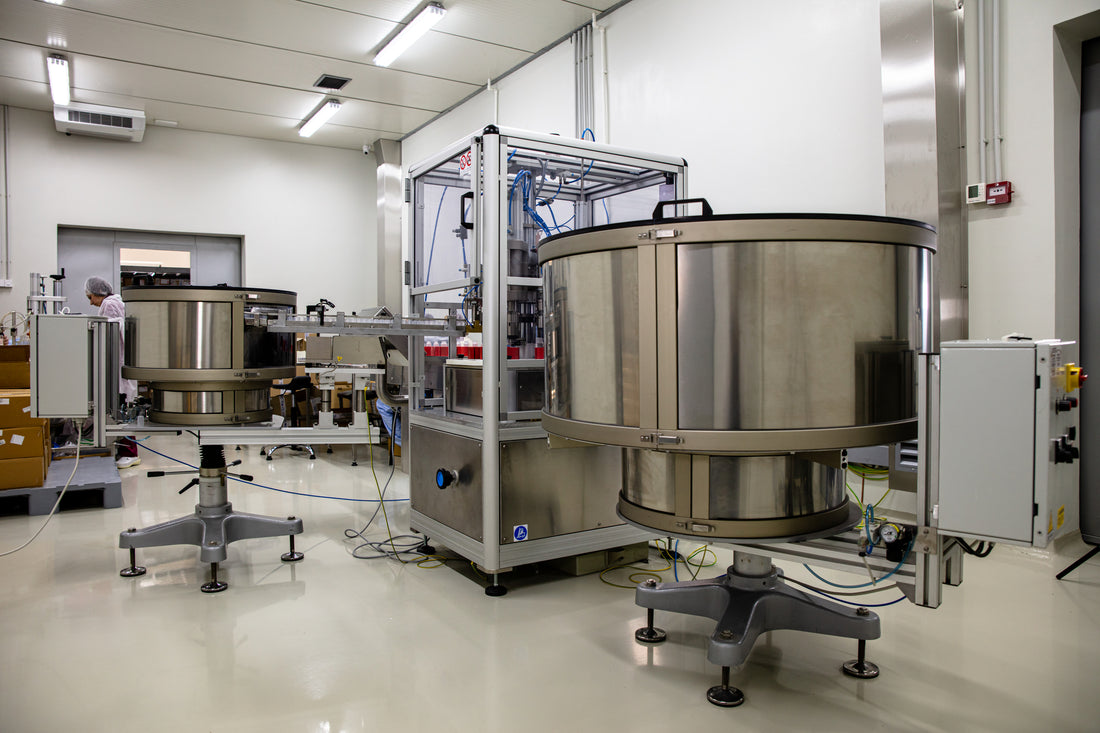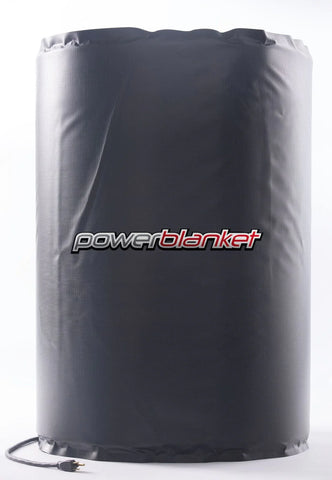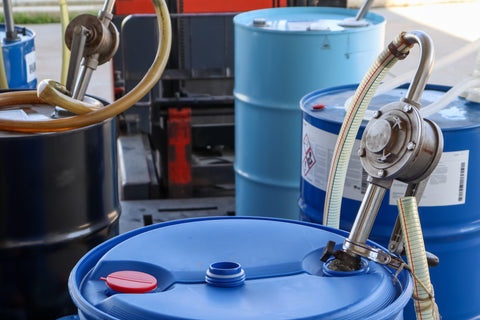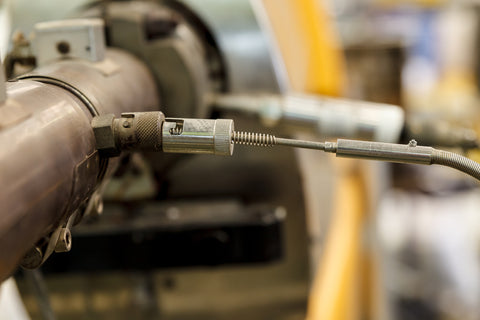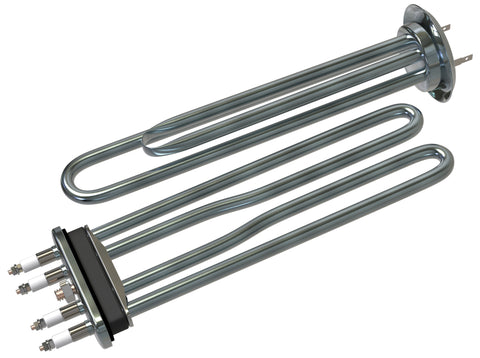The Importance of Temperature in Cosmetic Manufacturing
The role of temperature in the cosmetics industry cannot be overstated. Precise temperature control ensures the quality, safety, and efficacy of cosmetic products, from creams to lipsticks. This section will explore why maintaining specific temperature ranges is crucial during the manufacturing process and how it impacts the stability and performance of cosmetic products. Let's dive into more information about cosmetic manufacturing equipment for thermal management.
Cosmetic Manufacturing Temperature Control Equipment

Temperature control in cosmetic manufacturing relies heavily on specialized equipment designed to maintain desired temperature ranges efficiently. This equipment includes heaters, pumps, and cooling systems, all integral to managing the heat processes of producing various cosmetics. The section will explore these components' roles and how they contribute to consistent product quality. Effective equipment utilization ensures the safety and performance of cosmetic creams and other personal care products.
Innovations in Temperature Control Systems for the Cosmetics Industry
Advancements in technology have introduced innovative solutions for managing elevated temperatures and integrating thermal control into existing production processes with limited space. Modern temperature control systems are designed to handle a wide temperature range, ensuring the consistency and quality of cosmetics. These innovations offer more accurate, efficient, and compact solutions, essential for meeting the evolving needs of the cosmetics industry. For example, new systems incorporate advanced sensors and control mechanisms that precisely regulate the heat applied during the manufacturing process. Products like a barrel heater that can wrap fully around a barrel or drum with an adjustable thermostat for total temperature control are game-changing additions to any manufacturing process. This allows for better management of critical parameters, such as maintaining the right temperature for sensitive ingredients, which is crucial for producing high-quality products.
Additionally, these systems often include efficient cooling mechanisms to counterbalance the heat generated during production. Integrating such technology ensures that the temperature can be consistently controlled throughout the entire process, even within a limited space. Compact and efficient air cooling and heating units can be installed without requiring extensive modifications to the existing production procedures. These advancements not only improve the overall efficiency of the production process but also enhance the reliability of temperature-sensitive cosmetics, such as creams and lotions.
The Impact of Temperature Control on Product Quality and Regulatory Compliance
Effective temperature management directly influences the quality and regulatory compliance of cosmetics. Precise thermal control is crucial for maintaining the integrity of products like creams, lotions, and personal care items, ensuring they meet safety standards and consumer expectations. Control systems play a vital role in maintaining the desired range, which is essential for the stability and effectiveness of cosmetics. Incorrect control can lead to ingredient separation or the degradation of active components, compromising the product's efficacy and shelf life. Proper control systems ensure every product batch is processed optimally, preventing variations affecting quality. This consistency is particularly important in maintaining a product's texture, appearance, and performance. Advanced systems can automatically adjust heating and cooling rates to match the specific requirements of different formulations, ensuring uniformity and high quality in every product.
Regulatory compliance is critical to the cosmetics industry's manufacturing process. Ensuring that each batch of products meets stringent standards involves precise control over various stages, from heating and cooling to mixing and storage. Maintaining correct heat levels during production is essential to avoid compromising product integrity. Heaters and cooling systems must be meticulously managed to prevent any deviation from the required ranges. This process often involves continuous monitoring and adjustments to maintain optimal conditions. Compliance also extends to the equipment and systems installed within the manufacturing facility. Reliable pumps, heaters, and air cooling systems are critical for maintaining the consistent quality of cosmetics. Proper storage solutions are also necessary to keep raw materials and finished products in appropriate conditions. By combining rigorous testing with reliable systems, businesses can solve potential issues before they impact consumers, enhancing cosmetic products' overall reliability and quality and maintaining trust and confidence in the market.
Practical Tips for Implementing Efficient Temperature Control on Your Existing Production Line
Implementing or upgrading control systems can seem daunting. However, there are practical steps manufacturers can take to assess their current processes, identify improvement areas, and strategically implement control solutions, even within a small space. First, thoroughly evaluate the existing production process to identify any inefficiencies or areas where control can be enhanced. This includes examining the current equipment, such as heaters and cooling systems, and determining if they meet the specifications for maintaining the desired range.
Next, consider integrating advanced control systems that are easily installed within the existing production line. These systems should include reliable air cooling and heating units that provide precise management without taking up excessive space.
Additionally, ensure that all equipment is properly calibrated and maintained to prevent deviations from the set parameters. Training staff on the importance of control and using the new systems effectively is also crucial for achieving the best results. By following these practical tips, manufacturers can enhance their production processes, ensuring consistent product quality and compliance with regulatory standards.
Specific Applications of Temperature Control in Cosmetic Manufacturing
Temperature control is crucial for various specific applications within the cosmetics industry. This section highlights how precise thermal management is applied to specific tasks to ensure the quality and consistency of products.
Heating Surfactants and Emulsifiers
Surfactants and emulsifiers often require heating to thin out and maintain their liquid state. This is particularly important in producing lotions, creams, and other personal care products, where these ingredients must be evenly distributed. For example, heating surfactants in barrels or hoppers helps maintain a consistent viscosity, which is critical for the stability of emulsions. Equipment such as barrel and hopper warmers are utilized to achieve the necessary thermal conditions, ensuring that these materials remain fluid and easy to process.
Warming and Melting Oils
Oils used in cosmetic manufacturing, such as coconut, palm, and various base oils, often must be kept at specific temperatures to prevent solidification. Heating systems like drum and bucket warmers are essential for keeping oils in a liquid state, facilitating easy blending and processing. For instance, heating 55-gallon drums of coconut oil or wrapping 5-gallon buckets of base oil blend ensures that these high-viscosity materials remain fluid and manageable. This is particularly vital for processes like soap making, where oils must be at a consistent temperature to blend smoothly with other ingredients.
Herbal Extraction and Wax Melting
In the production of certain cosmetic products, herbal extraction, and wax melting are common procedures that require precise temperature control. Heating buckets of crude extracts and melting waxes ensure these materials are in the right state for further processing and blending. For example, maintaining a steady temperature while melting waxes and oils/butters helps in achieving a homogenous mixture, which is critical for the quality of the final product. Equipment such as pail warmers and wax melters provide consistent heat, preventing the materials from solidifying during the process.
Preventing Chemical Freezing
Certain raw materials in cosmetic manufacturing, such as triethanolamine and glycerin, can freeze or become highly viscous at lower temperatures. Manufacturers use heated storage solutions and temperature-controlled environments to prevent chemical freezing and ensure that these materials remain usable. For instance, storing a skid of raw materials in a hot box keeps them above their freezing points, ensuring they remain fluid and easy to handle during production. This approach is essential for maintaining the efficiency and reliability of the manufacturing process.
Enhancing Product Fluidity for Bottling
Temperature control also plays a critical role in preparing products for bottling. For example, warming buckets filled with topical beauty products, such as body wash or butter, ensures that these products become more fluid, making them easier to bottle and package. This is particularly important for high-viscosity products that can be challenging to handle at lower temperatures. Using specialized heaters to warm these products before bottling helps in achieving a smooth and efficient packaging process, ensuring that the final products meet quality standards.

In conclusion, precise temperature control is integral to various specific applications within cosmetic manufacturing. By utilizing specialized heating and warming equipment, manufacturers can maintain the necessary thermal conditions to ensure the quality, consistency, and safety of their products.
Conclusion: Ensuring an Optimal Temperature Range for Superior Cosmetic Manufacturing
Wrapping up, the article will recap the critical role of precise control in enhancing cosmetic manufacturing. It will highlight the benefits of adopting innovative management solutions, not just for product quality but for the sustainability and efficiency of the manufacturing process itself. Effective control systems and equipment are essential for maintaining the quality and safety of cosmetics, ensuring consistent results, and meeting industry standards.


